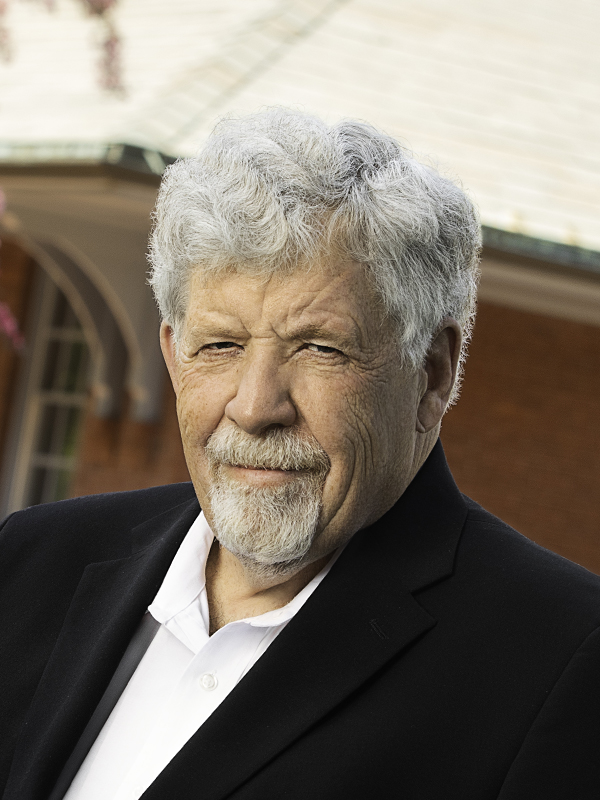By Dean R. Dietrich, president, State Bar of Wisconsin

Several midwestern states have the same conundrum – how to encourage lawyers to practice law in rural and small-town communities. Wisconsin is no different than any other state. The challenge of finding enough lawyers to meet the civil legal needs of individuals is the same challenge experienced by rural counties that are struggling to find lawyers to work in the criminal justice system.
According to data from the United States Census Bureau in 2022, Wisconsin is home to approximately 5.8 million residents. However, a 2021 report by the State Bar of Wisconsin’s “President’s Task Force on Greater Wisconsin Initiative” revealed that nearly half of the state’s lawyers live in just seven of the most populous counties: Milwaukee, Dane, Waukesha, Brown, Racine, Outagamie, and Ozaukee. A mere 17 percent consider themselves “rural” lawyers, with fewer than 40 percent of active lawyers in Wisconsin practicing outside urban areas, according to Wisconsin Public Radio.
Twenty-four counties in Greater Wisconsin have two dozen or fewer practicing attorneys and some northern Wisconsin counties have an average practicing attorney age exceeding 60. This stark shortage of lawyers in rural areas is undeniably an access-to-justice issue, endangering the well-being of vulnerable citizens, including veterans, fixed-income seniors, individuals living with mental illness, and more. The scarcity of local attorneys translates into unmet legal needs.
The lack of lawyers in rural and small communities negatively affects the economies of these communities and the well-being of their residents. The impact can be felt in areas where lawyers are needed, including real estate transactions, new business start-ups, farming, property disputes and estate planning, to name a few. Rural residents may pay more for legal services located in larger urban centers. This is a complex problem with no quick fixes. It will require collaborative efforts from lawyers, local government leaders, Chamber of Commerce leaders, local bar associations, the Wisconsin Legislature, and the governor.
The State Bar of Wisconsin is working on this pressing issue and will be presenting strategies that can unlock opportunities for lawyers in rural and small-town communities. The emphasis is on lawyers of all experience levels and practice areas, as more lawyers are learning that they do not need to be in an office in a tall downtown building to enjoy a successful law practice.
The allure of rural practice includes a lower cost of living, opportunities for community involvement, and outdoor recreational opportunities. With the help of lawyers and law schools, the State Bar is committed to showing these and other positives of a small-town practice and the opportunities that exist throughout Wisconsin. Small-town lawyers can play a pivotal role in this effort with stories and insights about the benefits of small-town practice and living in rural communities around the state.
Dean R. Dietrich is president of the State Bar of Wisconsin. He is with the law firm of Weld Riley S.C., Wausau.



